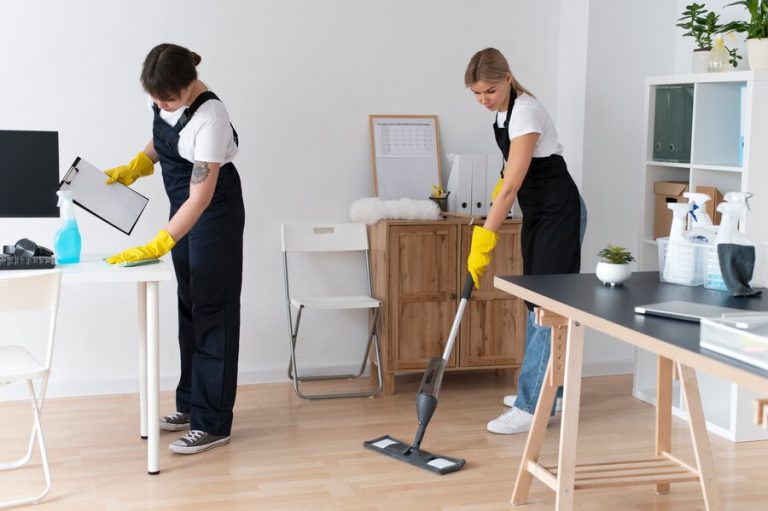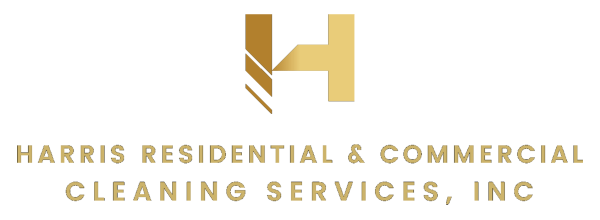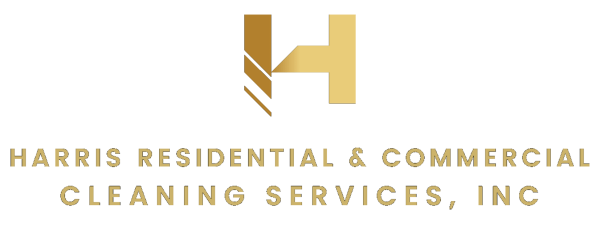
When it comes to maintaining a pristine home environment, understanding the fundamentals of residential cleaning is essential. Effective residential cleaning not only enhances the appearance of your living space but also contributes to a healthier, more comfortable home. This essential guide to effective residential cleaning provides practical tips and strategies to ensure your home stays in top shape.
From choosing the right cleaning products to establishing a regular cleaning schedule, mastering residential cleaning can transform your home into a spotless sanctuary. Emphasizing efficient techniques and smart organization, this guide will help you tackle every room and surface with ease. Whether you’re new to cleaning or looking to refine your approach, these insights into residential cleaning will make your home sparkle and shine.
Choosing the Right Residential Cleaning Supplies
Selecting the right residential cleaning supplies is fundamental to maintaining a clean and healthy home. Using appropriate products ensures that each surface is cleaned effectively while minimizing damage and maintaining hygiene.
- Multi-Surface Cleaners: Ideal for general cleaning, these versatile cleaners work on various surfaces, saving time and effort.
- Microfiber Cloths: These cloths trap dust and dirt more effectively than traditional rags, making them perfect for wiping down surfaces.
- Specialized Cleaners: Products like glass cleaners and upholstery cleaners are designed for specific tasks, ensuring thorough cleaning of windows and fabrics.
- Eco-Friendly Options: Choosing environmentally friendly cleaning products helps reduce your carbon footprint and exposure to harmful chemicals.
- Durable Tools: Invest in high-quality tools such as vacuums, mops, and scrub brushes that can withstand frequent use and provide effective cleaning.
By selecting the right cleaning supplies, you ensure that your home remains fresh and spotless while also promoting a healthier living environment.
Creating a Structured Residential Cleaning Routine
A well-organized residential cleaning routine is key to maintaining a clean and orderly home. Start by developing a cleaning schedule that fits your lifestyle, ensuring that tasks are divided into daily, weekly, and monthly chores. Daily tasks might include tidying up common areas and doing dishes, while weekly duties could involve vacuuming, dusting, and cleaning bathrooms.
Monthly cleaning might focus on less frequent tasks like deep-cleaning carpets or washing windows. Use a checklist to keep track of what needs to be done and set reminders to stay on top of your schedule. By sticking to a structured routine, you prevent tasks from piling up and ensure every area of your home is consistently cleaned, leading to a more pleasant and organized living environment.
Techniques for Maintaining a Dust-Free Home
Keeping your home dust-free requires a combination of consistent practices and effective techniques. By incorporating a few strategic approaches, you can significantly reduce dust buildup and improve the overall cleanliness of your living space. Implementing these methods not only helps maintain a tidy environment but also contributes to better indoor air quality.
- Use High-Efficiency Air Filters: Install HEPA filters in your HVAC system to trap dust and allergens, preventing them from circulating through your home.
- Regular Dusting with Microfiber Cloths: Dust surfaces with microfiber cloths, which attract and hold dust more effectively than traditional dusters.
- Frequent Vacuuming: Use a vacuum cleaner with a HEPA filter to regularly clean carpets and upholstery, capturing fine dust particles.
- Minimize Clutter: Reduce the number of items on surfaces and in corners where dust tends to accumulate.
- Clean Air Ducts and Vents: Regularly clean air ducts and vents to ensure they are free of dust and debris that could be distributed throughout your home.
By integrating these techniques into your cleaning routine, you can create a fresher and more comfortable living space, making dust management an achievable goal.
Organizing Your Space for Efficient Residential Cleaning
Efficient residential cleaning starts with a well-organized space. Begin by decluttering your home, as excess items can make cleaning tasks more time-consuming and difficult. Use storage solutions like bins, shelves, and organizers to keep belongings neatly arranged and easily accessible.
Designate specific areas for frequently used items to avoid unnecessary mess. Regularly review and reorganize your storage systems to ensure they meet your needs and make cleaning easier. Additionally, keeping surfaces clear and clutter-free allows for more efficient dusting and vacuuming. By organizing your space effectively, you streamline the cleaning process and create a more manageable and pleasant living environment.
Addressing Common Residential Cleaning Challenges
Addressing common residential cleaning challenges can significantly enhance the effectiveness of your cleaning routine and maintain a healthier home. From tackling stubborn stains to managing grease and mold, understanding how to handle these issues ensures that your home remains clean and inviting.
- Stubborn Carpet Stains: Use specialized carpet cleaners and blot stains immediately to prevent setting. For persistent stains, consider professional cleaning services.
- Grease Buildup in the Kitchen: Regularly clean stovetops, backsplashes, and vents with degreasers to prevent buildup. Use a range hood while cooking to reduce grease accumulation.
- Mold and Mildew in Bathrooms: Address moisture issues promptly by using mold-resistant cleaning agents. Keep bathrooms well-ventilated and fix leaks to prevent mold growth.
- Dust Accumulation on Surfaces: Use microfiber cloths to trap dust more effectively. Regularly dust surfaces and vacuum carpets with a HEPA filter to reduce dust in the air.
- Clutter Management: Implement a decluttering strategy by using storage solutions to keep spaces organized. Regularly review and tidy up to avoid unnecessary mess.
By proactively addressing these common cleaning challenges, you can ensure a consistently clean and pleasant living environment.
Enhancing Indoor Air Quality through Proper Cleaning
Improving indoor air quality is a vital aspect of residential cleaning. Regular cleaning practices, such as dusting surfaces and vacuuming with HEPA filters, help reduce airborne allergens and pollutants. Clean air ducts and replace HVAC filters to prevent dust and debris from circulating throughout your home.
Wash bedding and curtains frequently to remove dust mites and allergens. Additionally, using natural or low-toxicity cleaning products can minimize the presence of harmful chemicals in the air. Implementing these cleaning practices helps to create a healthier indoor environment, reducing respiratory issues and improving overall comfort in your home.
Maintaining a clean and organized home requires careful selection of cleaning supplies, a structured routine, and effective dust management. Addressing common cleaning challenges and focusing on enhancing indoor air quality are crucial for creating a healthier living environment.
If you’re looking for professional help to ensure your home is spotless and well-maintained, consider reaching out to Harris Cleaning Services. With their expertise, you can enjoy a pristine home without the hassle. Call Harris Cleaning Services at (919) 770-7308 today to schedule your cleaning and experience the difference a professional touch can make!

